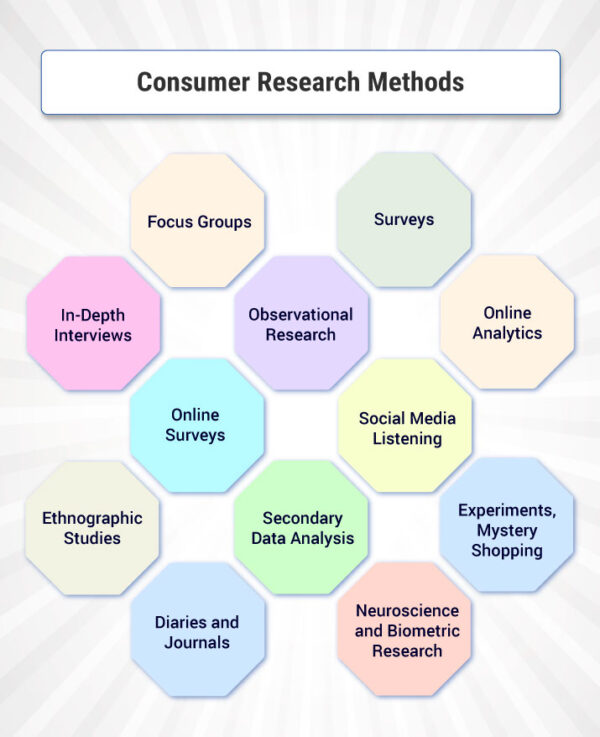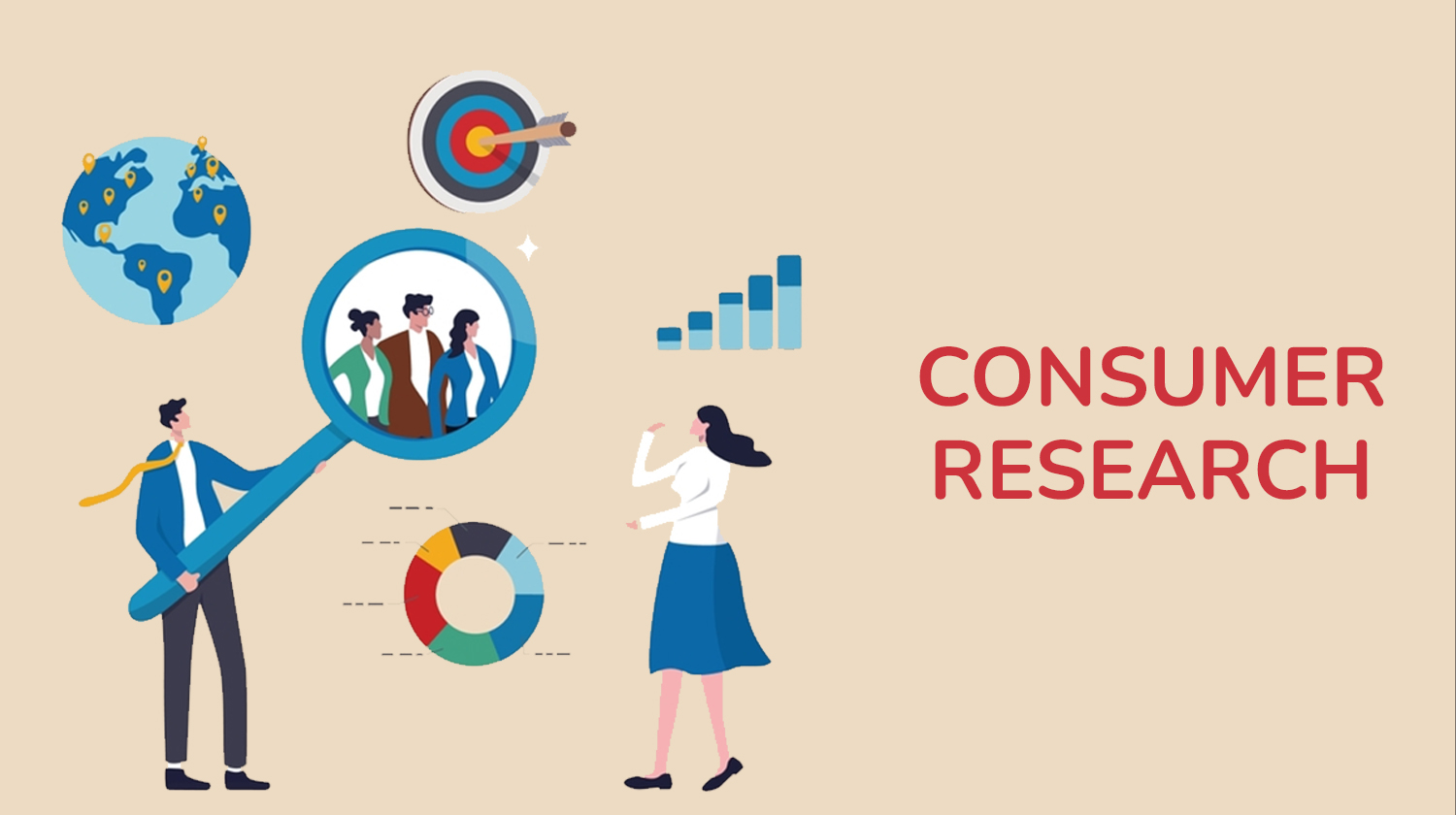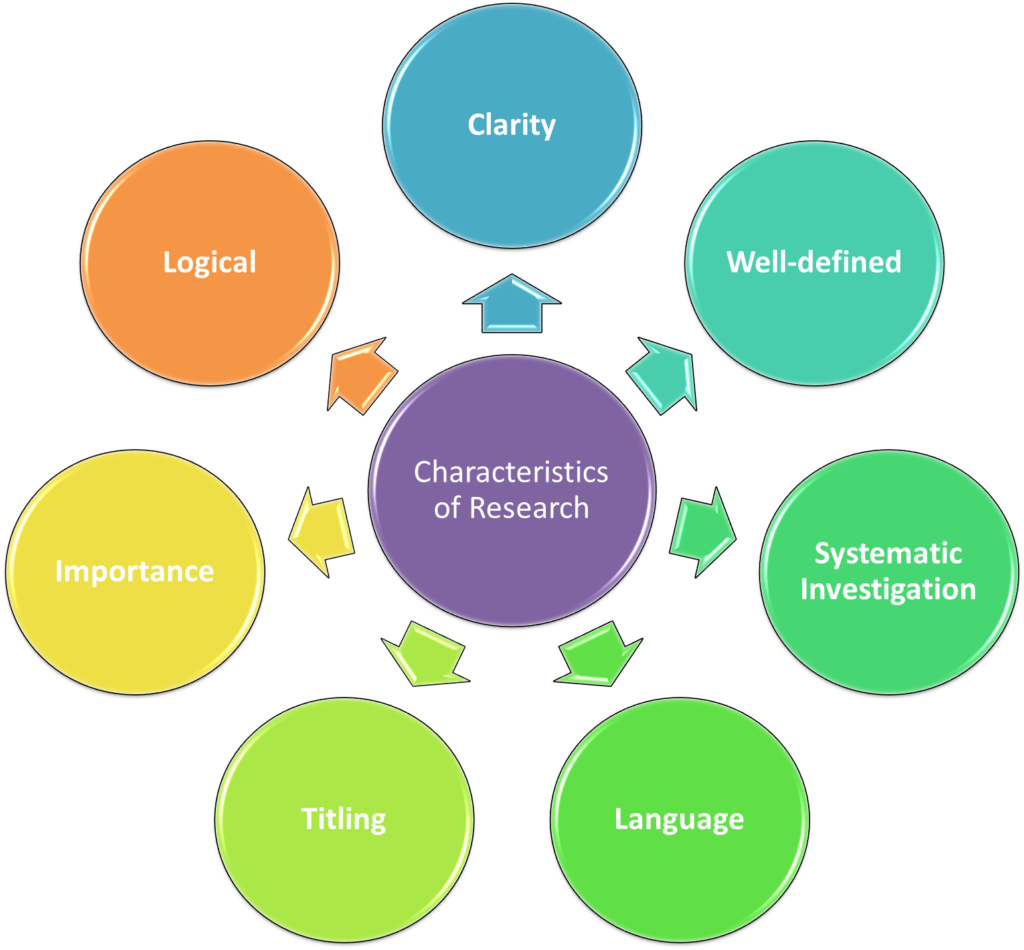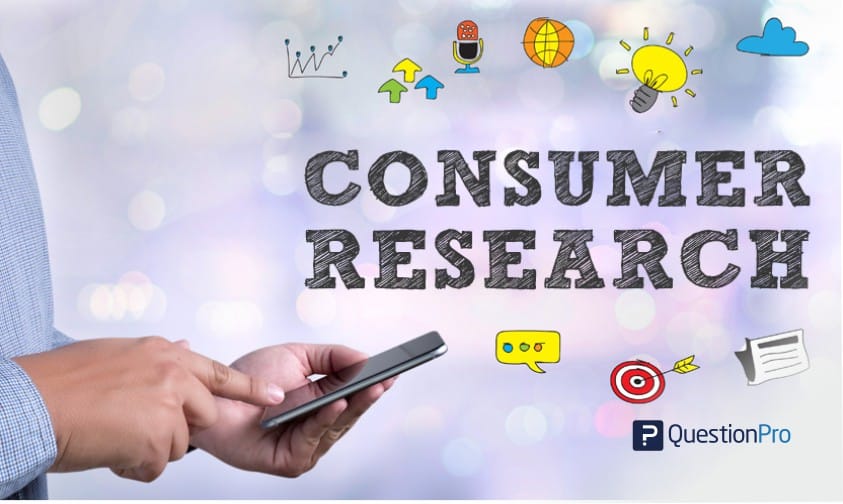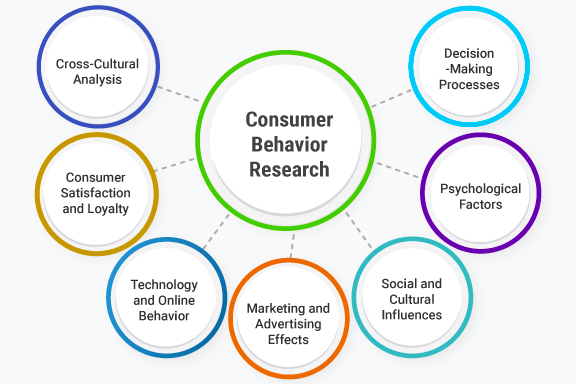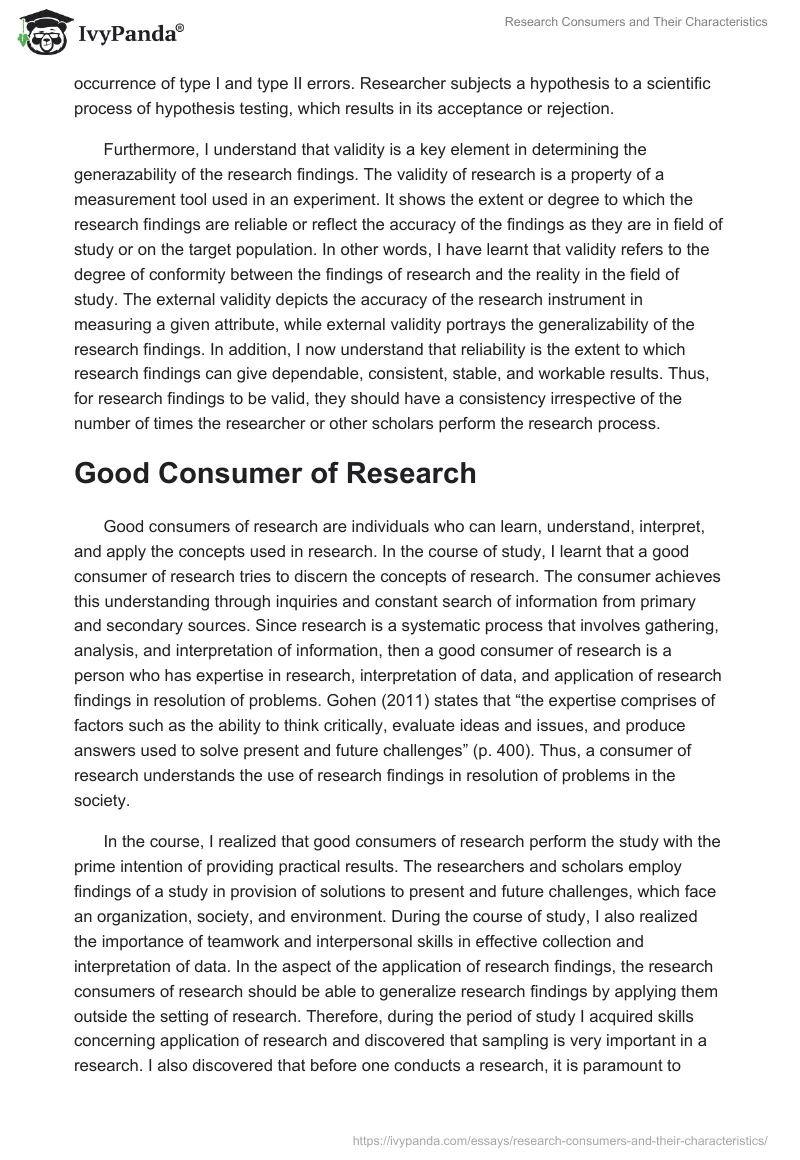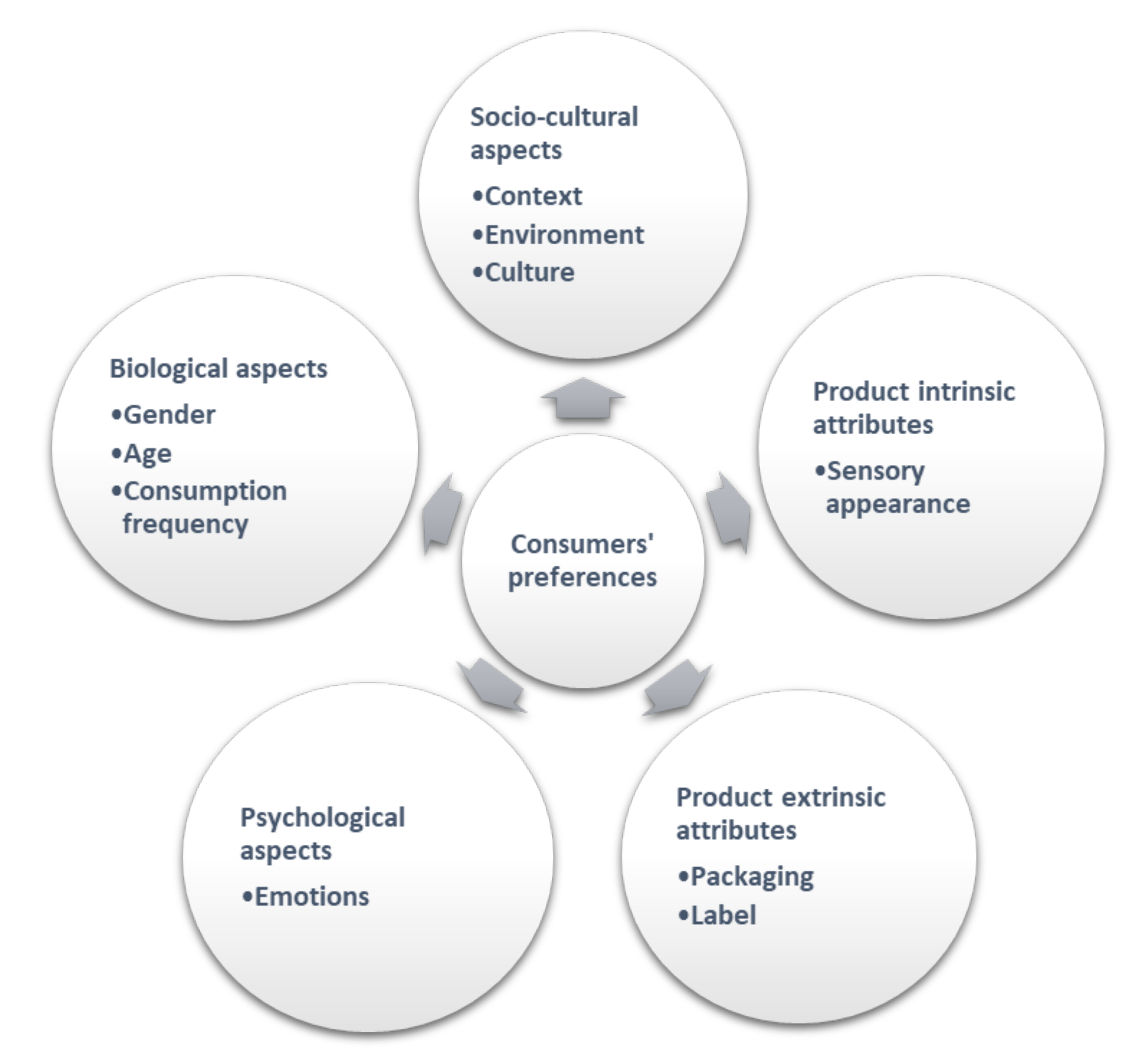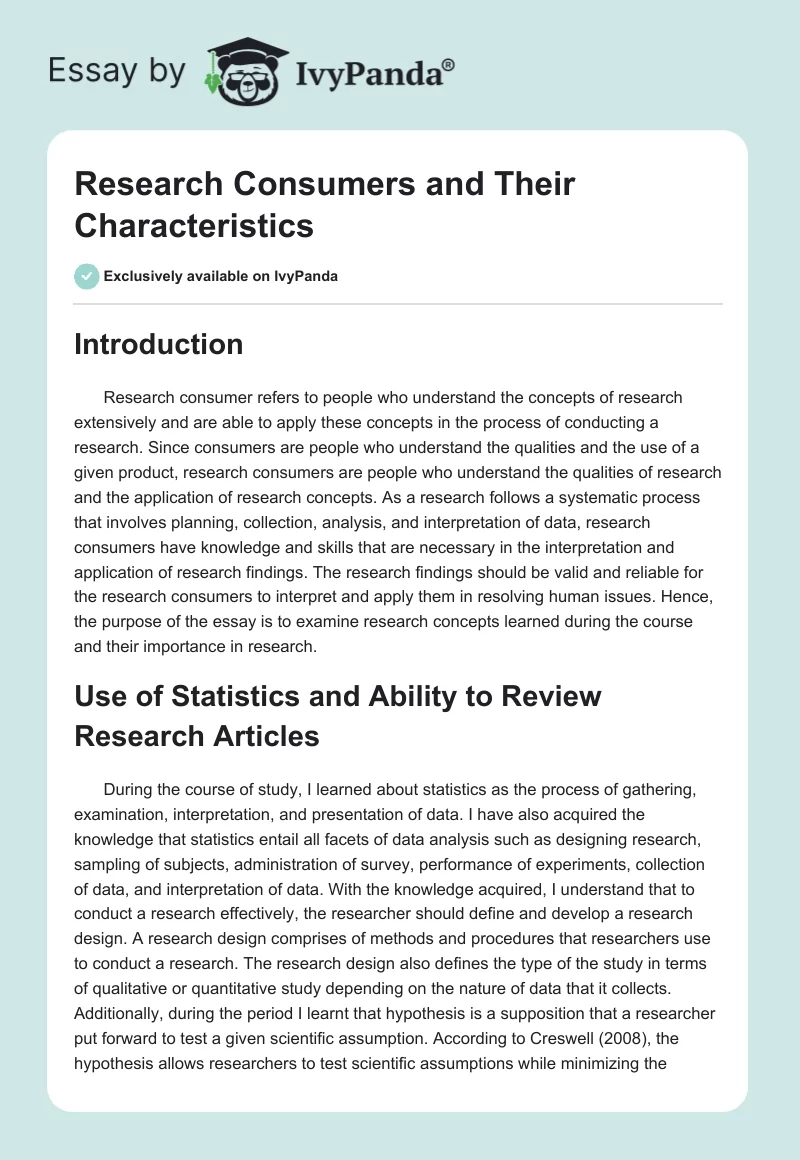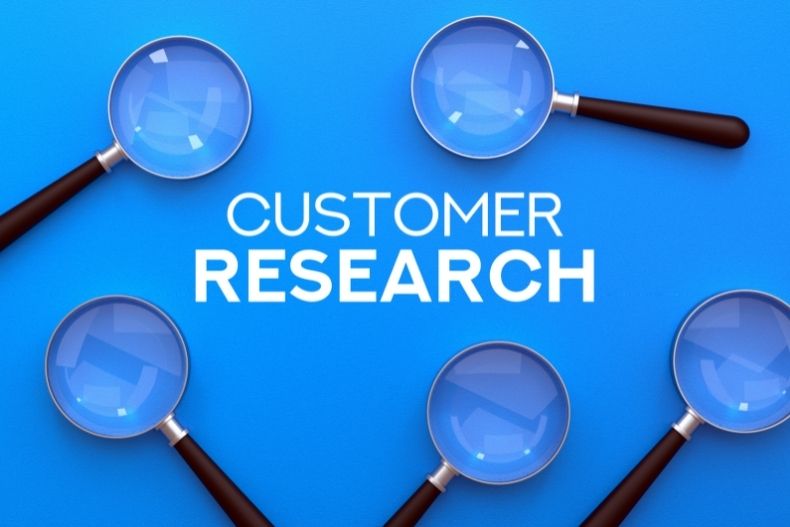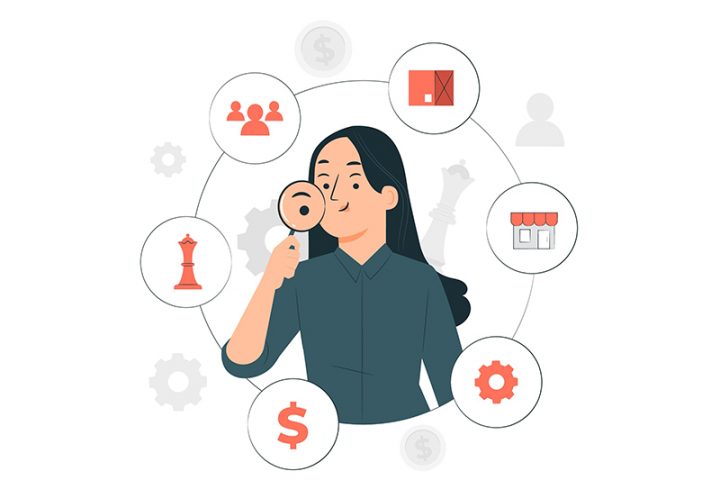Attributes Of A Skilled Consumer Of Research
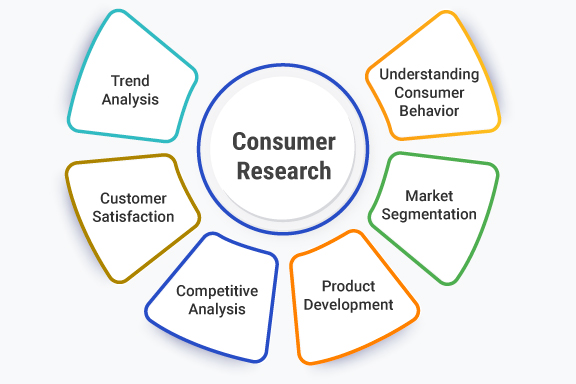
Imagine yourself at a bustling farmer's market. Tables overflow with vibrant produce, each vendor touting the superior quality of their goods. Some claims sound plausible, backed by anecdotes of generations of family farming. Others seem a bit…far-fetched, promising miraculous health benefits with little to no evidence.
Navigating this information marketplace requires a discerning eye, a skill increasingly vital in today’s world, saturated as it is with research findings, expert opinions, and data-driven claims. Being a skilled consumer of research is about more than just accepting information; it's about critically evaluating it to make informed decisions for yourself and your community.
The Critical Eye: Why It Matters
The ability to effectively evaluate research, often referred to as research literacy, has become indispensable. We are constantly bombarded with studies, surveys, and reports that influence everything from our healthcare choices to our understanding of complex social issues.
Without the tools to discern credible information from misleading claims, we risk making poor decisions based on faulty evidence. Understanding the attributes of a skilled consumer of research empowers us to be more informed, more resilient, and more capable of navigating a world awash in data.
Attributes of a Skilled Consumer of Research
1. A Questioning Mindset
At the heart of research literacy lies a fundamental curiosity and a willingness to question everything. A skilled consumer doesn't passively accept information at face value. Instead, they approach claims with a healthy dose of skepticism, asking "How do they know that?" and "What evidence supports this claim?"
This inherent skepticism isn’t about being cynical; it’s about demanding transparency and accountability. It's about recognizing that even well-intentioned researchers can make mistakes or have biases that influence their findings.
2. Understanding Research Methods
While you don't need to be a statistician to be a skilled consumer of research, a basic understanding of research methodologies is crucial. Knowing the difference between a randomized controlled trial and an observational study, for example, allows you to assess the strength of the evidence presented.
Similarly, understanding concepts like sample size, statistical significance, and control groups helps you determine whether the findings are likely to be reliable and generalizable. The Centers for Disease Control and Prevention (CDC), for example, provides resources to learn more about research methods.
3. Identifying Bias
Bias is an inherent part of the human experience, and it can seep into research at various stages. A skilled consumer of research actively seeks to identify potential sources of bias, including funding sources, researcher affiliations, and the wording of survey questions.
For instance, research funded by a particular industry may be more likely to produce results favorable to that industry. Recognizing these potential conflicts of interest is essential for evaluating the objectivity and credibility of the findings.
4. Evaluating Sources
In the digital age, information is readily available, but not all sources are created equal. A skilled consumer of research prioritizes information from credible sources, such as peer-reviewed journals, reputable academic institutions, and government agencies.
They are wary of information found on biased websites, social media platforms, or sources that lack transparency about their funding and methodology. Fact-checking websites like Snopes and PolitiFact can be valuable tools for assessing the accuracy of information encountered online.
5. Contextualizing Findings
Research findings rarely exist in a vacuum. A skilled consumer of research understands the importance of contextualizing findings within the broader body of knowledge on a particular topic. This involves seeking out multiple sources, comparing and contrasting different perspectives, and considering the limitations of each study.
The Cochrane Library, for example, provides systematic reviews of healthcare interventions, which can help you understand the overall evidence base for a particular treatment or intervention.
6. Recognizing Limitations
Every study has limitations. A skilled consumer of research acknowledges these limitations and considers their potential impact on the findings. This might involve recognizing that the sample size was small, the study population was not representative, or the methodology had inherent biases.
Acknowledging limitations does not necessarily invalidate the findings, but it provides a more nuanced understanding of the strength of the evidence. It allows you to interpret the findings with appropriate caution and avoid overgeneralizing the results.
7. Communicating Effectively
Being a skilled consumer of research also involves the ability to communicate your understanding of research findings to others effectively. This includes being able to explain complex concepts in clear, concise language, avoiding jargon and technical terms.
It also means being able to articulate your reasoning for accepting or rejecting a particular claim, providing evidence to support your position. Effective communication is crucial for fostering informed dialogue and promoting evidence-based decision-making within your community.
Cultivating Research Literacy
Becoming a skilled consumer of research is an ongoing process that requires practice and dedication. It's about cultivating a habit of critical thinking, seeking out reliable sources of information, and constantly refining your ability to evaluate evidence.
Fortunately, there are many resources available to help you improve your research literacy skills. Universities, libraries, and online platforms offer courses and workshops on research methods, statistics, and critical thinking. Engaging with these resources can empower you to become a more informed and discerning consumer of research.
The Power of Informed Decisions
Ultimately, the attributes of a skilled consumer of research empower us to make more informed decisions in all aspects of our lives. From choosing the right healthcare treatments to advocating for evidence-based policies, research literacy is a critical skill for navigating a complex and ever-changing world.
It’s about moving beyond passive consumption and becoming active participants in the information ecosystem, equipped with the tools to evaluate, interpret, and apply research findings to improve our lives and the lives of those around us. The World Health Organization (WHO) emphasizes the importance of evidence-based decision making in public health, further highlighting the need for research literacy.
So, the next time you encounter a research claim, remember the bustling farmer's market. Approach the information with curiosity, skepticism, and a commitment to seeking out the truth. With practice and dedication, you can cultivate the skills you need to become a confident and discerning consumer of research.

